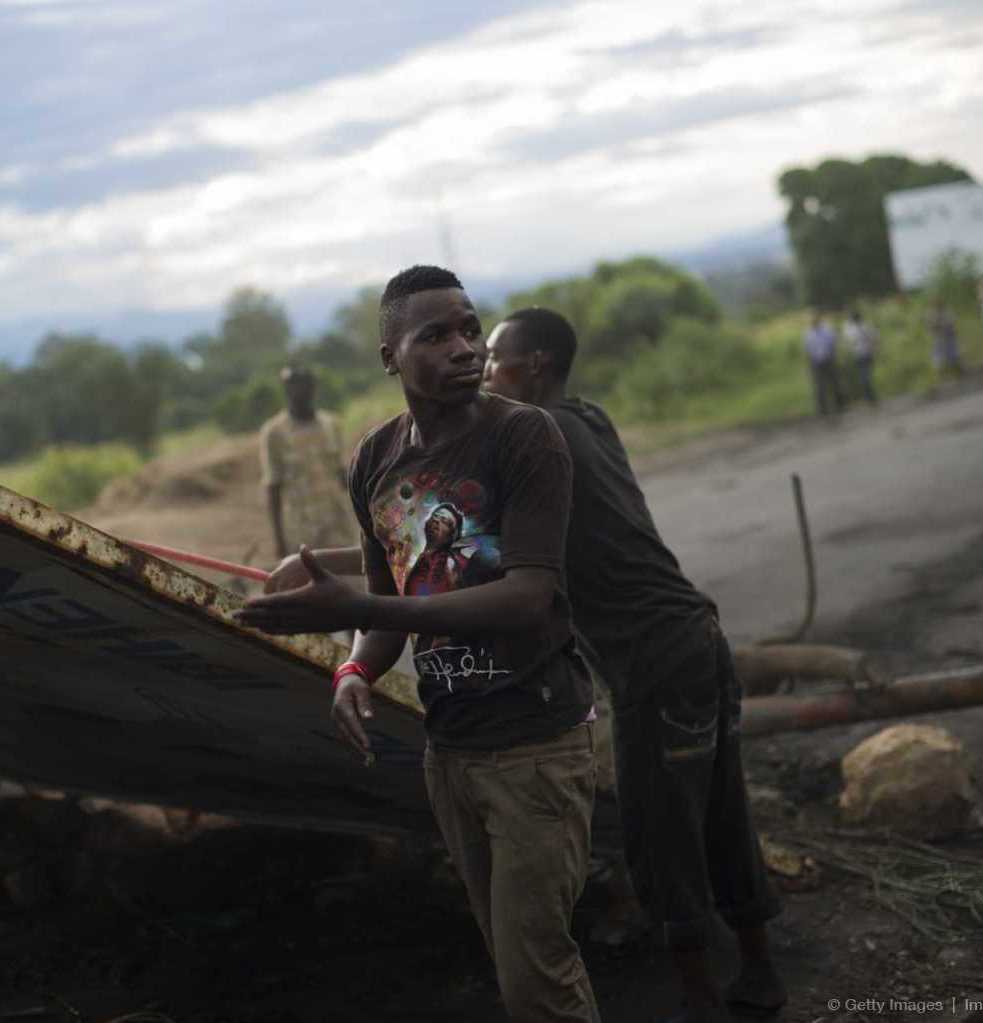Burundi crisis threatens to awaken dormant ethnic tensions
Fears are growing that political protests in Burundi could turn ethnic, threatening to plunge the country into another deadly Hutu-Tutsi conflagration. Ethnicity is rarely discussed openly in Burundi, whose history is punctuated by ethnic massacres and where long-standing antagonisms between the majority Hutu and minority Tutsi have been suppressed rather than addressed, analysts say. Beyond the street protests challenging the third term candidacy of President Pierre Nkurunziza, the bigger worry is that the current crisis could jeopardise the Arusha Agreement, which brought peace to Burundi after years of civil war. The deal included an ethnic power-sharing formula that helped end fighting that raged from 1993 to 2006 between the mostly Tutsi army and predominately Hutu rebel groups. The president has so far faced down international condemnation of his third term bid, including from the African Union and the United States. Critics say his candidacy runs contrary to both the constitution and the peace deal that ended a bloody civil war in 2006.
The challenge of the current crisis is to decide whether or not to maintain this institutional agreement.
Thierry Vircoulon of the International Crisis Group think tank
Burundi’s government on Saturday ordered protesters to immediately end weeks of demonstrations against President Pierre Nkurunziza’s third term bid and ordered all barricades to be removed within 48 hours. The government’s top security body, headed by Nkurunziza, demanded that all roads “previously barricaded by insurgents” be cleared. Protest leader Pacifique Nininahazwe slammed the order as a “declaration of war”, vowing that the demonstrations would continue until Nkurunziza scraps his plan to run for a third term, widely deemed unconstitutional. Protesters observed a one-day truce on Saturday that saw calm return to the streets of the capital Bujumbura for the first time in weeks.

Politics